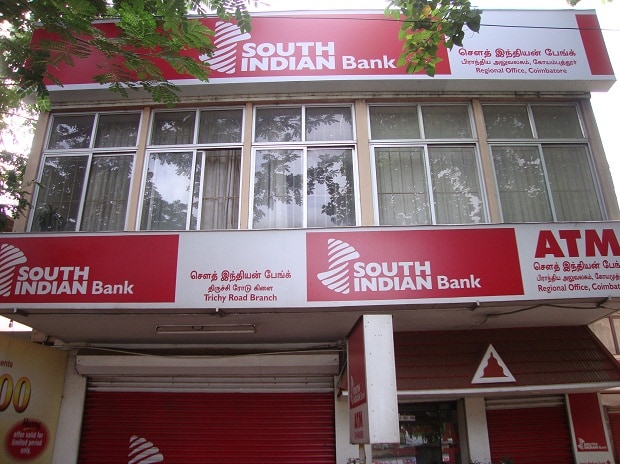[ad_1]
South Indian Bank’s recent decision to not redeem its tier-2 bonds before maturity is unlikely to have significant long-term market implications for the banking sector, Fitch Ratings said on Monday.
“We believe the action is bank-specific and not necessarily representative of the broader market, given the associated reputational risk,” Fitch said.
On November 25, reports quoted a spokesperson from South Indian Bank saying that the private sector lender had chosen to not exercise a five-year call option on tier-2 bonds due at the end of the previous month. A call option refers to the choice that a bank has to redeem a bond before its maturity.
Chithra H, South Indian Bank’s chief financial officer, in an email to ‘Business Standard’ said on Monday the decision on the call option was based on the lender’s business priorities at that point of time.
There have been occasions when the decision of a bank to refrain from exercising a call option on a bond has been interpreted as an indicator of a weak capital position. According to Fitch, South Indian Bank’s decision, however, does not indicate any weakness in capital position.
“Banks can also choose to exercise a call if they can demonstrate capitalisation well above regulatory requirements after the call is exercised, but we do not think this was the reason for SIB’s decision,” said the rating agency.
“This is because the bank reported a common equity Tier 1 ratio of 12.3 per cent and a total capital ratio of 16.0 per cent for the first half of the financial year ending March 2023, against minimum requirements of 8.0 per cent and 9.0 per cent, respectively, and we estimate that the affected debt is only 1.1% of risk-weighted assets,” Fitch said.
The rating agency believes that the bank’s decision was mainly driven by the current environment of rising interest rates, which has made it more expensive for borrowers to issue debt. The central bank’s Monetary Policy Committee has raised the repo rate by a total of 190 basis points since May in order to rein in elevated inflation. The MPC is expected to raise the benchmark policy rate further.
“Refinancing the bond at a rate similar to 2017 would not have been guaranteed… this is partly because the bond’s local rating has been downgraded since the time of issuance, largely due to asset quality and profitability pressures coupled with a drop in provisioning and capital buffers in 2020,” Fitch said.
While South Indian Bank’s decision to not exercise the call option is unlikely to affect pricing of debt issuances of larger highly-rated entities, lower-rated issuers could see a rise in borrowing costs, treasury officials said.
“Local investor interest in such capital instruments issued by small private banks has also arguably reduced, alongside higher risk premium on such bonds, since the full bail-in of Yes Bank’s Additional Tier 1 debt and the write-off of Lakshmi Vilas Bank’s subordinated Tier 2 debt in 2020,” Fitch said.
[ad_2]
Source link



